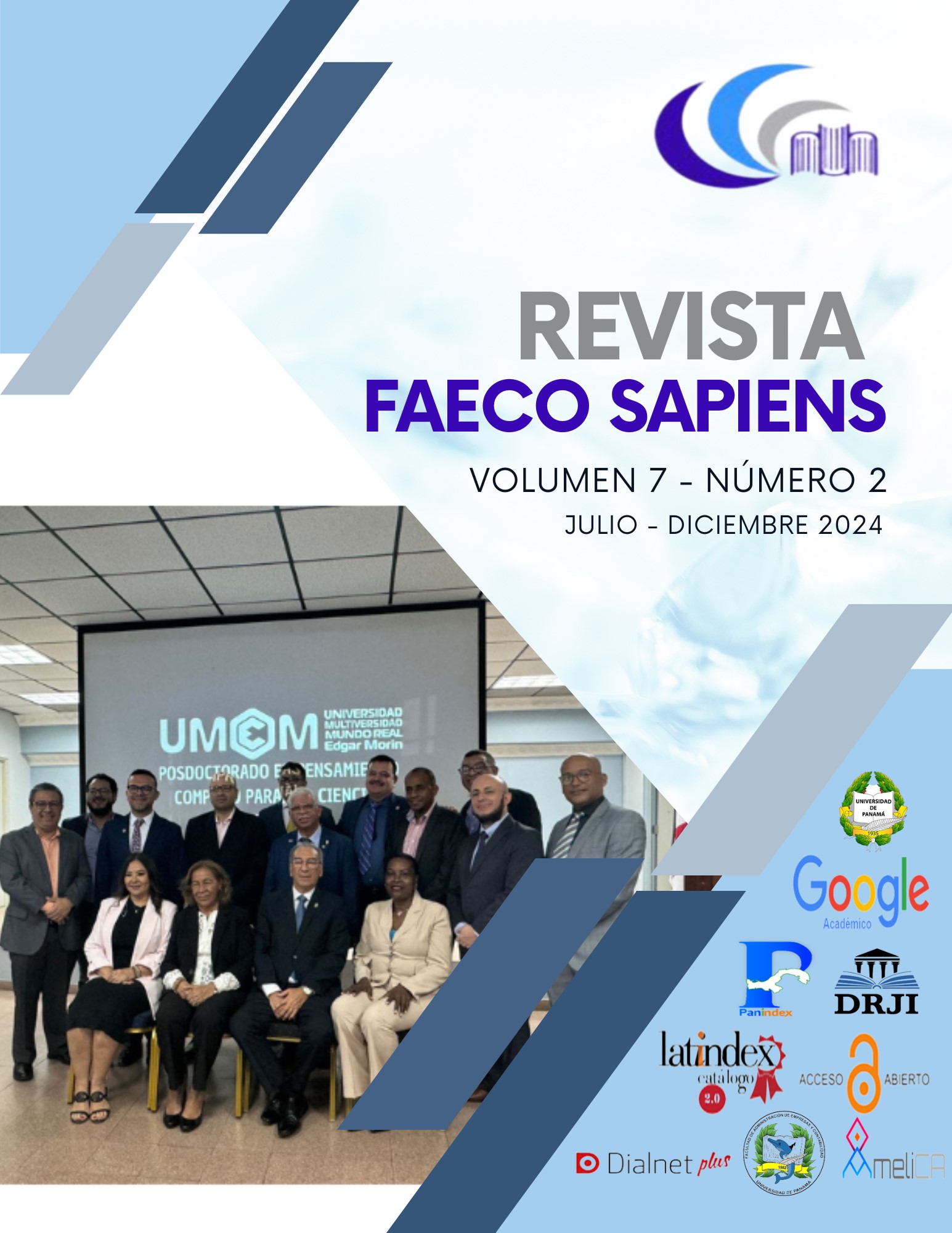

Copyright (c) 2024 Revista FAECO Sapiens

This work is licensed under a Creative Commons Attribution-NonCommercial-ShareAlike 4.0 International License.
Tourism originates from the movement of people to specific places, by a motivation characteristic of the place, it is a process that develops in a specific time and space, which when linked together form the production platform and the consumption offer, generating a sociocultural, environmental and economic impact. Tourism policy in order to promote sustainable tourism development must look at the entire life cycle of tourism, setting the appropriate standards and legislation for its study, incentive, promotion, conservation and protection. The background of the promotion of the first tourist tours to Panama starting in 1907 is presented, which offered as the main attraction the construction works of the Canal begun in 1904. Since then it became necessary to legislate on the benefits produced by this industry, called the “industry of public utility and national interest.” It became necessary to regulate legislation starting in the 1990s, when Panama, along with other countries in the Central American region, began a period of political and economic stability that allowed the role of tourism to be enhanced as a factor of economic development in the countries. region of. In this sense, tourism in Panama has been increasing its economy, favoring the development of traditional tourism, ecological and rural tourism in line with the growing importance of specialized tourism.